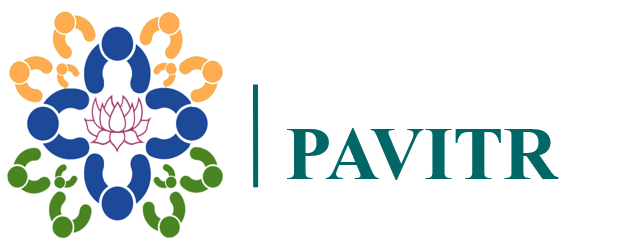aimen Technological Centre
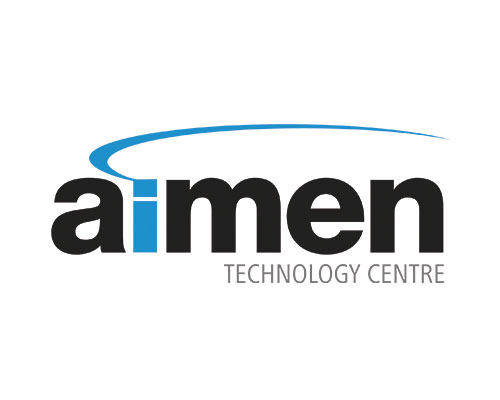
AIMEN is a Spanish private, non-profit organization founded in 1967 from the initiative of a group of entrepreneurs. The organisation’s members actively engage in a wide range of sectors such as environmental technology, robotics and automation, flexible production processes and systems, etc. AIMEN’s areas of expertise encompasses the development of optical, photonic, and image-based sensors designed for the detection, monitoring and control of pollutants and environmental processes. One notable achievement of AIMEN is the development and testing of a portable, optical sensing device for Escherichia coli (E. coli), tailored for in-situ monitoring, and control in wastewater treatment and drinking water plants. The sensor assesses the level of pathogen contamination by detecting E. coli as an indicator of pathogenic bacteria in the water. By providing an early warning system on pathogenic contamination of water, complementary to laboratory testing, which is time-consuming and requires expensive materials and equipment. AIMEN’s sensor is particularly valuable for remote and decentralised treatments facilities, among other applications.
AUTARCON GmbH
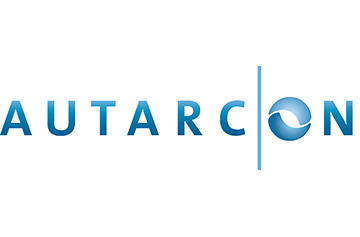
AUTARCON GmbH was founded in 2010 and develops autonomous systems for drinking water and wastewater treatment. The focus is on autonomous, decentralised technologies that can overcome site-specific treatment challenges. AUTARCON stations are installed in more than 10 countries worldwide and provide drinking water for rural hospitals, schools and even entire villages for up to 10.000 inhabitants. Up to 1.000 m³ of safely disinfected water can be supplied by one treatment plant. The core of the treatment technology is the on-site production of chlorine, either from the natural chloride content of the water itself or through on-site chlorine production from a NaCl solution. All stations are powered by solar generated electricity and online monitored through a SCADA system and can operate fully autonomous.
In addition to the disinfection of drinking water, AUTARCON has also developed systems for the disinfection of treated wastewater to enable its reuse. AUTARCON also has many years of experience in implementing water research projects worldwide. Of particular importance are the BMBF projects AquaViet, Flextreat as well as the EU H2020 projects PAVITR, LOTUS and Life INTEXT.
BIOAZUL S.L.
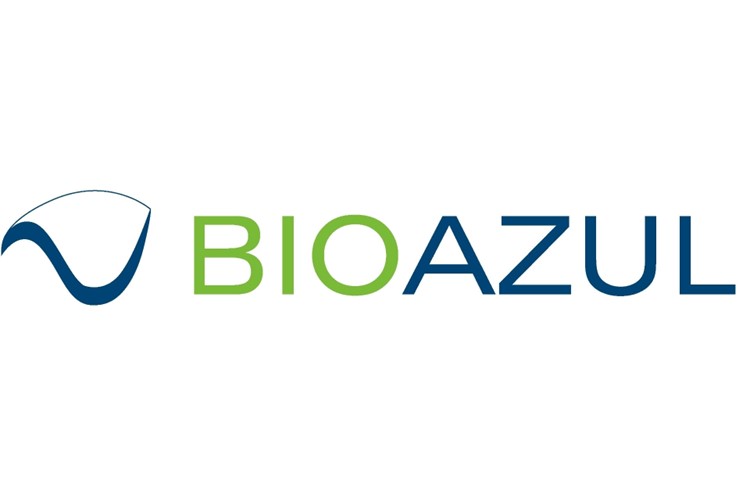
BIOAZUL S.L. is a Spanish engineering SME focused on process engineering, wastewater treatment, water reuse concepts and energy efficiency. BIOAZUL has extensive experience in providing integrated solutions to clients, designing, building and commissioning customised complete treatment and water production systems for urban and industrial applications, and developing control modules and control philosophies. In addition, BIOAZUL provides technical support to industrial customers to optimise, validate and manage their production plants and control systems, and to implement energy saving solutions.
BIOAZUL’s RichWater® SBR (Sequential Batch Reactor) systems are compact, modular, high-performance, shock-resistant and energy-saving wastewater treatment systems for domestic and (non-toxic) industrial wastewater that produce treated water with quality standards suitable for reuse.
IRIDRA S.r.l.
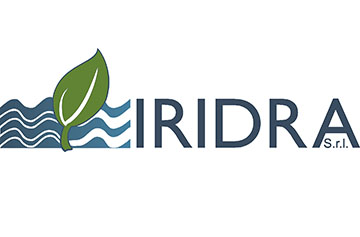
Founded in 1998 in Florence, Italy, IRIDRA S.r.l. is a private engineering company composed of an interdisciplinary group of professionals specialised in environmental innovation in the field of water management. IRIDRA is recognised as a leader in the field of Nature-Based Solutions (NBS) and green infrastructure (such as constructed wetlands for the treatment of stormwater, combined sewer overflows, domestic and industrial wastewater and sludge drying), sustainable drainage systems (SuDS), ecosystem services and climate change adaptation and mitigation in the water sector.
Kre_Ta Landscape Architecture

Kre_Ta is a creative SME running a landscape architecture and urban planning office in Berlin, Germany. Founded in 2003, Kre_Ta’s activities are divided into two interconnected business areas: the traditional design of private and public green spaces, e.g. gardens and public parks, and the development of integrated and innovative concepts and visions on current issues such as urban climate, urban water cycles and living environments. Kre_Ta is particularly well-known in the field of rainwater utilisation and reuse as well as groundwater recharge. As an active player in the Berlin scene of strongly engaged citizens, Kre_Ta applies modern and direct forms of stakeholder participation in all projects.
Kre_Ta Website
Pessl Instruments GmbH
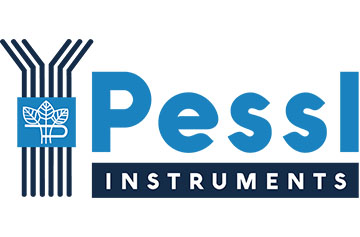
PESSL Instruments GmbH, based in Weiz, Austria, has been developing and manufacturing reliable measuring instruments for almost 40 years. PESSL is one of the leading IoT providers for agriculture, offering innovative and cost-effective solutions for more efficient farm management. Customers in over 86 countries around the world have been supplied with PESSL products by more than 150 distribution partners. PESSL’s instruments are available under its own brand name METOS®. The company’s most widely used product, iMETOS 3.3, is a weather station used for frost, fire, flood, and wind warnings, weather forecasting, disease control, water management, and disaster preparedness. All METOS® stations are powered by rechargeable batteries and a solar panel. All that is required for operation is a valid GPRS contract with good GSM coverage in the area concerned. The METOS® stations and dataloggers collect data, report it to the climate database FieldClimate (www.fieldclimate.com) and make it available for optimized field activities management, including on-demand irrigation and crop protection.
ttz Bremerhaven
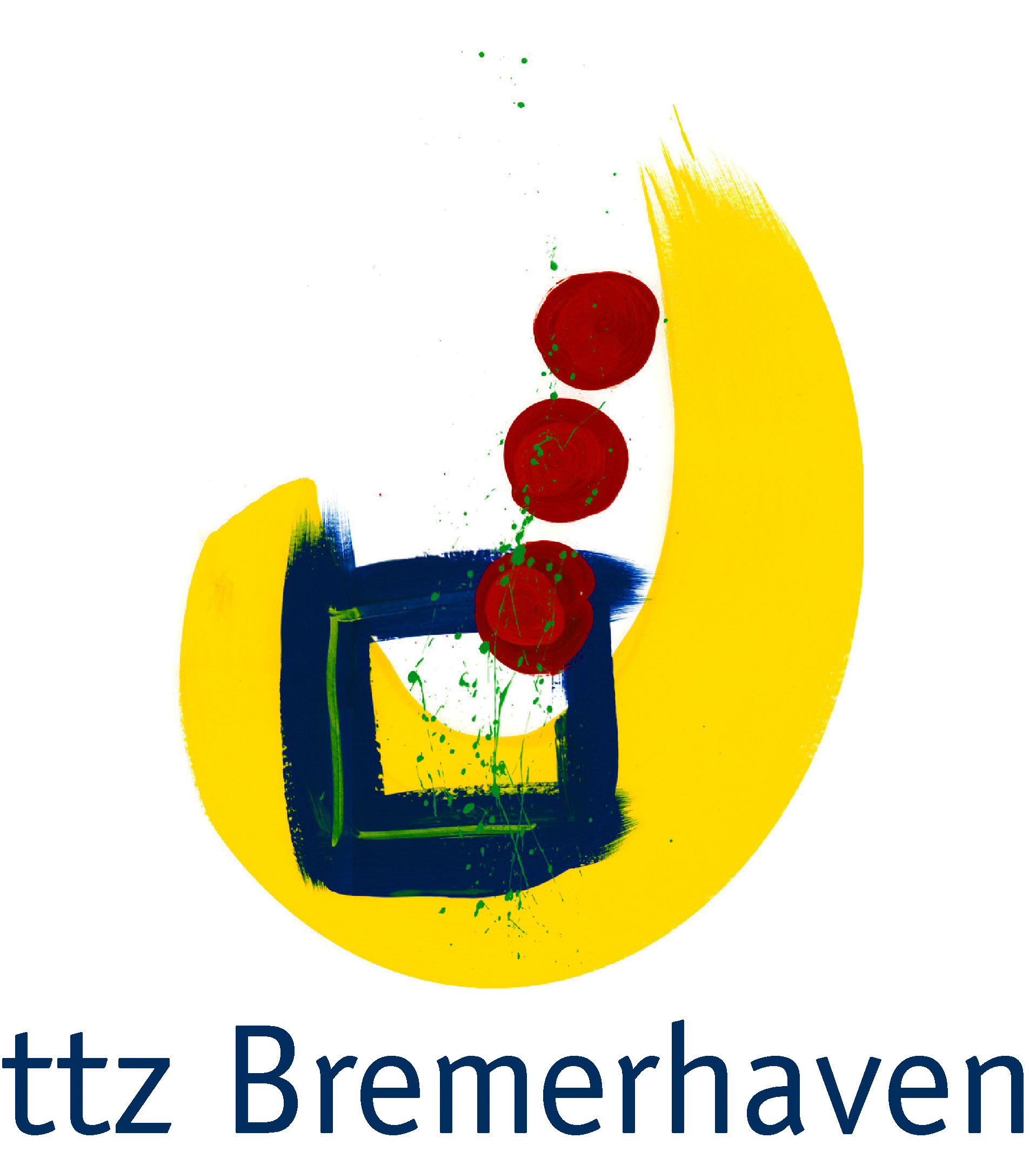
At ttz Bremerhaven, research into the innovative production, use and treatment of biomass in its various forms has a long tradition. In the bioeconomy field of competence, this knowledge is bundled and new ideas are generated. Experts at ttz Bremerhaven work with international and national partners on the development and optimisation of processes and technologies for the material and energetic use of any biomass. One key aspect is the use of wastewater for biomass production in wastewater fertigated Short-Rotation Coppice. By offering cost-effective treatment and reuse solutions, farmers especially in rural areas create income and business by transforming wastewater into valuable biomass.
Technical University of Catalonia
..

The Research Group of Environmental Engineering and Microbiology (GEMMA) activities at the Technical University of Catalonia (UPC) cover a wide range of aspects of biotechnologies for wastewater treatment and resources recovery. Among its various initiatives, GEMMA-UPC conducts research and implements demonstration projects on High-Rate Algal Ponds (HRAP) as cost-effective systems for improving wastewater treatment and microalgal biomass production. In this treatment approach, microalgae absorb nutrients from wastewater and generate the necessary oxygen for bacteria to oxidize organic matter. This symbiotic relationship between bacteria and microalgae results in the production of clean water suitable for reuse, as well as algal biomass that has the potential to be converted into various bioproducts, including biofertilizers, biostimulants, biogas, pigments, bioplastics, and more. HRAPs are well-suited for treating various types of wastewater, including urban and industrial wastewater, digester effluent, and wastewater from sources like piggeries and dairy farms.
